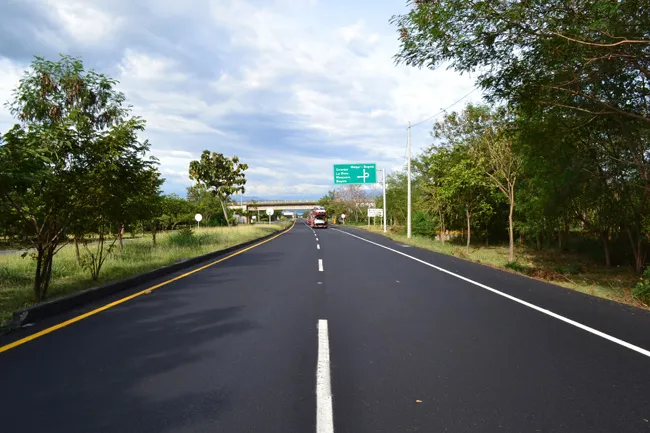In Staffordshire, in the West Midlands region of England, some residents are reported to be so fed-up of waiting for traffic lines to be painted on roads by the local county council that they are threatening to do it themselves. Staffordshire County Council highways bosses say they can only take on four new traffic measure projects a year and have a waiting list stretching to 2028. Media outlets in the county report that the local authority currently has more than 70 requests from all over Stafford borough
March 16, 2012
Read time: 2 mins

In Staffordshire, in the West Midlands region of England, some residents are reported to be so fed-up of waiting for traffic lines to be painted on roads by the local county council that they are threatening to do it themselves.
Staffordshire County Council highways bosses say they can only take on four new traffic measure projects a year and have a waiting list stretching to 2028.
Media outlets in the county report that the local authority currently has more than 70 requests from all over Stafford borough for traffic measures, which are due to be examined.
These include calls for double yellow lines, parking restrictions, disabled parking bays, school keep clear marks and waiting time restrictions.
Speaking to the Staffordshire Newsletter, County Councillor Len Bloomer said: “I worked out it will be 2028 before we clear the backlog. I could quite easily go round my patch and add another six. The list is too big. Something has got to be done about it.”
It is reported that Stafford Borough and Staffordshire County councillors intend to lobby the Government for a change in legislation to cut red tape surrounding traffic management orders.
Staffordshire County Council highways bosses say they can only take on four new traffic measure projects a year and have a waiting list stretching to 2028.
Media outlets in the county report that the local authority currently has more than 70 requests from all over Stafford borough for traffic measures, which are due to be examined.
These include calls for double yellow lines, parking restrictions, disabled parking bays, school keep clear marks and waiting time restrictions.
Speaking to the Staffordshire Newsletter, County Councillor Len Bloomer said: “I worked out it will be 2028 before we clear the backlog. I could quite easily go round my patch and add another six. The list is too big. Something has got to be done about it.”
It is reported that Stafford Borough and Staffordshire County councillors intend to lobby the Government for a change in legislation to cut red tape surrounding traffic management orders.








